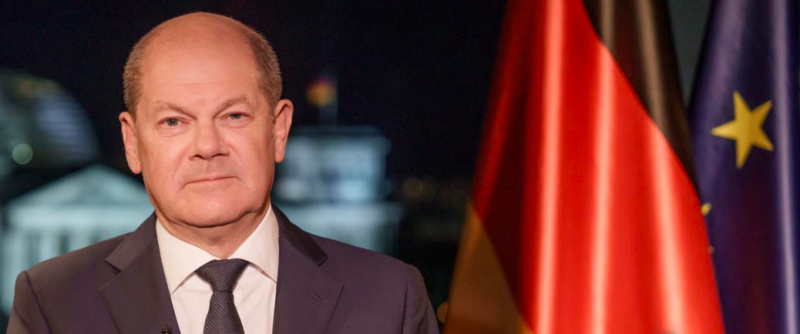If there was such a thing as an economic snapshot for Germany in 2022, then perhaps the following wouldn’t make such a terrible picture: German economy grew only at 1.8 per cent in 2022, is expected to contract by 0.3 or 0.4 percent in 2023 and is further expected to recover by 1.5 percent in 2024.
But again 2024 is still some distance into the future; there’s still a huge distance to cover the next year, which is well, only a few minutes away.
And with that one has to come to some conclusions as to just how interesting a year was 2022 for Germany.
Lest it is undermined, 2022 was a year where the country most noticeably snapped ties with Russia, as expected, performed horribly bad in the FIFA World Cup, and grew closer with intimate economic ally China.
While headlines thronged to Russia’s snapping of gas supply to Germany, what also made news was the German chancellor Olaf Scholz visiting China in the last quarter of 2022.
That told, ahead of 2023, the new President had some key insights and messages for the folk of Deutschland.
But before that, one must wonder, where does Germany stand at the moment and what awaits the famous land of luxury wagons, massive freeways and the enduring spirit of reconstruction and resilience?
Chancellor Olaf Scholz had the following observations to note:
“A country working with elan and alacrity on a bright, secure future.”
The mild-mannered political luminary asked Germans to “continue to hold together in the coming year.”
‘We sympathize with the Ukrainian people’ is what was the clear message of Germany’s Chancellor.
The central theme throughout Scholz’s speech was Russia’s war with Ukraine.
“Many are worried about the war. We sympathize with the Ukrainian people who, even on days like today, have no peace from the Russian bombs and missiles,” he said.
And that’s not all; he’d also add the following:
“The history of 2022 is not purely one of war, suffering, and worry.” Ukrainians are defending their homeland, “thanks in part to our help…and we will continue to support Ukraine,” vowed Chancellor Scholz.
Germany’s relations with present-day Russia
In one word, these are tense and cold relations and have seen maybe better days in the past, isn’t it?
“We are all feeling the effects of the war in our everyday lives, when shopping in the supermarket, at the petrol station, or paying our electricity or gas bills,” stated chancellor Scholz.
Having said that, Chancellor Scholz also encouraged the citizens of Germany to continue on the path of energy conservation, which truth be told, isn’t a stop gap arrangement to handle the ongoing energy crisis, but a lasting measure or so it seems.
He would sum up his new year’s message for his countrymen and women with the following insight (rather, call to action if one were to put it that way):
“Let’s keep to the path that we set out on this past year. Let’s follow it with courage,” concluded the 64-year-old Osnabruck-born German leader.


